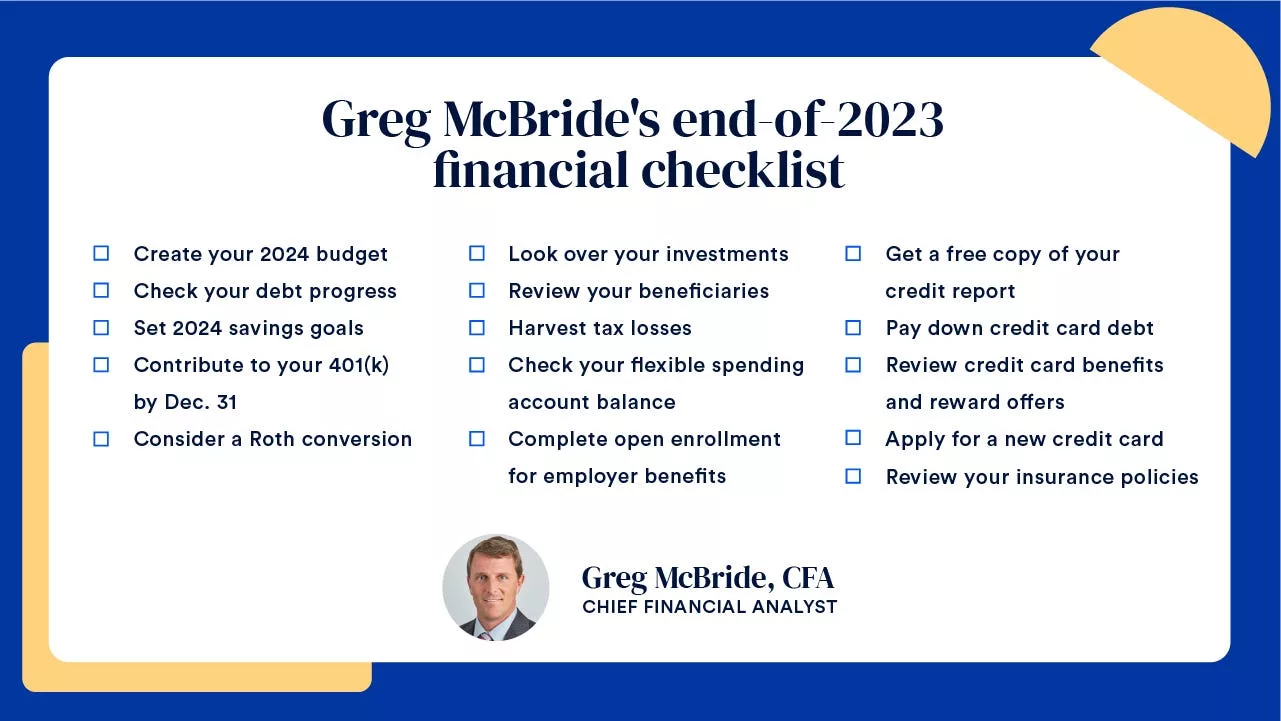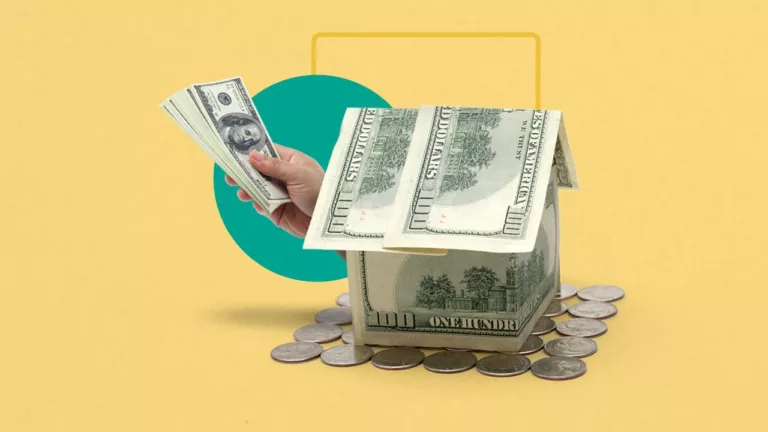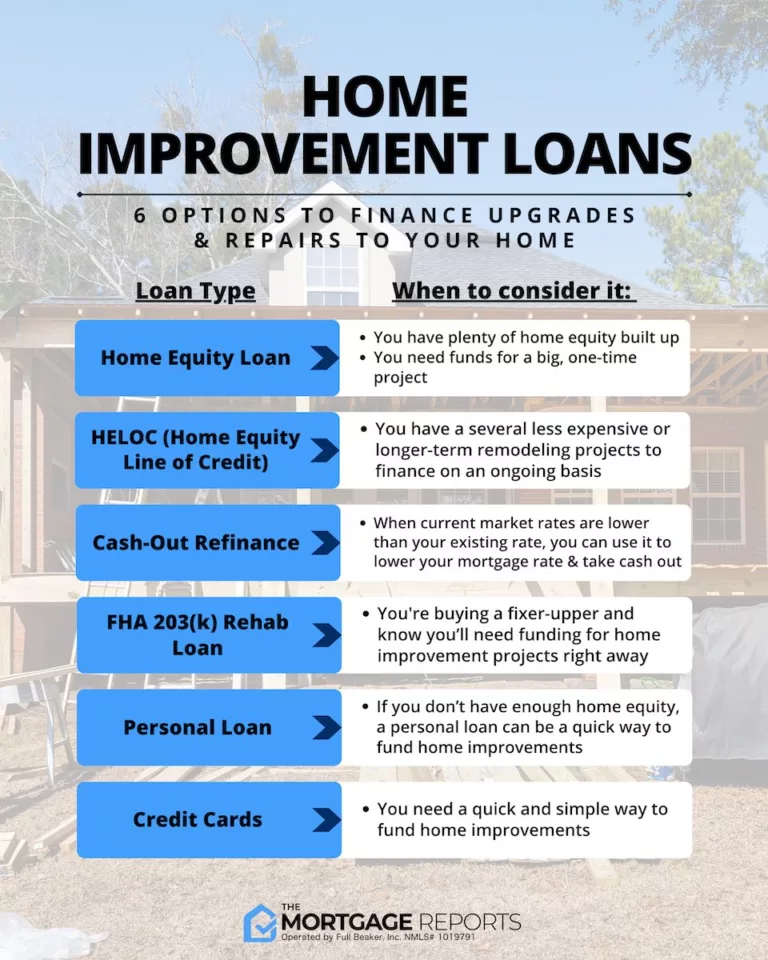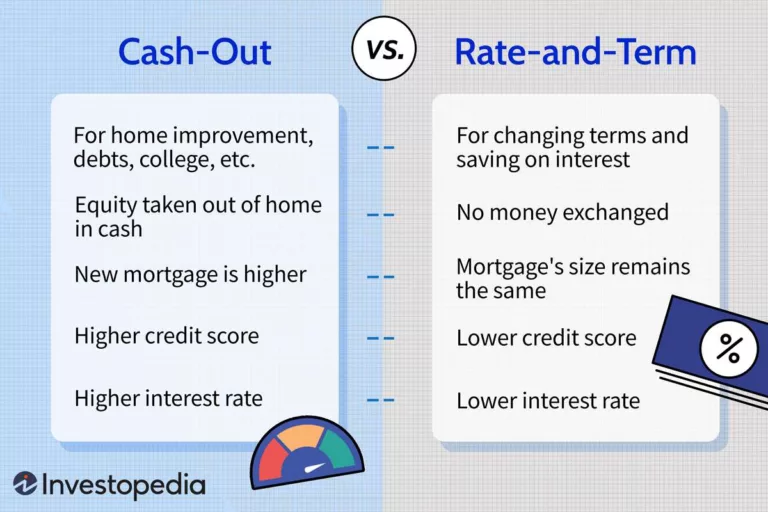What is an Open Ended Mortgage : Your Key to Financial Flexibility
An open-ended mortgage allows borrowers to access additional funds as needed, without the need to renegotiate the loan terms. This type of mortgage provides flexibility and ongoing access to equity.
Owning a home is a dream for many, and getting the right mortgage is an essential part of making that dream a reality. Among the various mortgage options available, an open-ended mortgage stands out for its flexibility and convenience. Unlike traditional mortgages, an open-ended mortgage allows borrowers to access additional funds as needed, without jumping through the hoops of renegotiating loan terms.
It is a unique mortgage product that provides ongoing access to equity, making it an attractive option for homeowners looking for financial flexibility. We will explore the features, benefits, and considerations of an open-ended mortgage, helping you better understand if it is the right choice for your homeownership journey. So, let’s dive in and unravel the secrets of this intriguing mortgage option.

Credit: www.facebook.com
What Is An Open Ended Mortgage
An open-ended mortgage is a type of loan that allows borrowers to make additional payments on their mortgage without penalty. This flexibility gives borrowers the option to pay off their mortgage faster and save on interest costs.
Definition And Explanation
An open ended mortgage is a type of loan agreement that allows borrowers to make additional payments towards their mortgage at any time, without incurring penalties or fees. Unlike a traditional mortgage which typically has fixed monthly payments and a set term, an open ended mortgage offers flexibility and freedom for borrowers to pay off their loan as quickly as they desire.
With an open ended mortgage, borrowers have the ability to make lump sum payments, increase their monthly installments, or even make extra contributions towards the principal balance whenever they have additional funds available. This provides homeowners the opportunity to save on interest payments over the life of the loan and potentially reduce the term of their mortgage.
How It Differs From A Traditional Mortgage
A traditional mortgage follows a structured repayment plan with fixed monthly payments and a predetermined term. The borrower makes the same payment each month until the loan is fully repaid, typically over a period of 15 to 30 years. In contrast, an open ended mortgage does not have set monthly payments or a fixed term.
Unlike a traditional mortgage, which may charge prepayment penalties for paying off the loan early or making additional payments, an open ended mortgage encourages borrowers to chip away at their principal balance whenever they have the means to do so. This can lead to significant cost savings in interest charges over time.
Another key difference is that with an open ended mortgage, borrowers have the flexibility to access the equity they have built up in their home, should the need arise. This can be done through a home equity line of credit (HELOC) or by refinancing the mortgage to take out additional funds. In contrast, accessing home equity with a traditional mortgage can be more restricted and may involve more stringent eligibility criteria.
In summary, an open ended mortgage offers borrowers the freedom to make extra payments towards their mortgage without penalties, giving them the ability to save on interest charges and potentially pay off their loan faster. This type of loan agreement provides greater flexibility and allows homeowners to access their home equity if needed, setting it apart from the more structured and rigid nature of a traditional mortgage.

Credit: m.facebook.com
Benefits Of An Open Ended Mortgage
An open-ended mortgage offers several advantages to homeowners. Let’s explore the key benefits:
Flexibility In Repayment
One of the primary advantages of an open-ended mortgage is the flexibility it provides in repayment. Unlike traditional closed-end mortgages with fixed terms, an open-ended mortgage allows borrowers to customize their repayment schedules based on their financial abilities. This flexibility enables homeowners to pay off their mortgage faster by making additional payments as and when they can afford it, saving them thousands of dollars in interest in the long run.
Ability To Borrow Additional Funds
Another significant benefit of an open-ended mortgage is the ability to borrow additional funds if needed. With this type of mortgage, homeowners can tap into the equity they have built up in their home to access extra funds for various purposes such as home renovations, investments, or emergency expenses. This added financial flexibility can be a lifesaver when unexpected needs arise, without the hassle of applying for a separate loan or refinancing.
Opportunity For Early Payoff
An open-ended mortgage also presents the opportunity for early payoff, allowing homeowners to become debt-free faster. With the ability to make extra payments without penalties, borrowers can reduce the principal amount and interest accrued, ultimately shortening the mortgage term. By taking advantage of this option, homeowners can achieve financial freedom sooner and save immensely on interest charges.
Overall, an open-ended mortgage empowers homeowners with greater financial flexibility, additional borrowing options, and the potential to pay off their mortgage early. This type of mortgage not only saves money in the long run but also provides peace of mind and enhances financial control.
Factors To Consider
When it comes to choosing a mortgage, it’s important to consider various factors that can impact your financial future. Understanding these factors will help you make an informed decision about whether an open-ended mortgage is right for you. In this section, we will explore three key factors that you should take into account when considering an open-ended mortgage: interest rates and terms, risk and responsibility, and financial planning and budgeting.
Interest Rates And Terms
Interest rates play a crucial role in determining the cost of borrowing and the overall affordability of a mortgage. With an open-ended mortgage, the interest rates and terms can vary depending on market conditions and the lender’s policies. It’s essential to compare the interest rates and terms offered by different lenders to ensure that you are getting the most favorable deal.
Risk And Responsibility
Like any financial commitment, an open-ended mortgage comes with its own set of risks and responsibilities. One of the risks is the possibility of interest rate fluctuations, which can affect your monthly payments and long-term affordability. Additionally, an open-ended mortgage may require you to shoulder more responsibility in terms of managing your finances and making timely repayments.
Financial Planning And Budgeting
Taking on an open-ended mortgage requires careful financial planning and budgeting. It’s crucial to assess your income and expenses to determine how much you can afford to borrow and repay each month. Developing a realistic budget will help ensure that you can comfortably meet your financial obligations without putting your financial stability at risk.
Tips For Utilizing An Open Ended Mortgage
When it comes to mortgage options, an open-ended mortgage provides flexibility and can be a valuable financial tool for homeowners. With an open-ended mortgage, borrowers have the ability to utilize the equity in their home as needed, allowing for easy access to funds for various purposes, such as home improvements, debt consolidation, or emergencies.
Evaluate Your Financial Goals
To make the most of an open-ended mortgage, it’s essential to evaluate your financial goals. Determine what you want to achieve with the funds and how much you need. Whether it’s renovating your home or paying off high-interest debt, having a clear understanding of your financial objectives will help guide your decision-making process.
Create A Repayment Strategy
When you utilize an open-ended mortgage, it’s important to have a repayment strategy in place. This will help ensure that you are using the funds wisely and minimizing any unnecessary interest costs. Consider breaking down your expenses, prioritizing high-interest debts, and setting a timeline for repayment. By having a well-thought-out plan, you can take advantage of the funds while also staying on track with your overall financial goals.
Regularly Monitor And Review
Monitoring and reviewing your open-ended mortgage is crucial to ensure its effectiveness. Regularly check your account statements, interest rates, and repayment progress. By staying on top of your mortgage, you can make any necessary adjustments to maximize its benefits. Consider consulting with a financial advisor or mortgage specialist who can provide guidance based on your specific situation.
Utilizing an open-ended mortgage requires careful consideration and planning. By evaluating your financial goals, creating a repayment strategy, and regularly monitoring and reviewing your mortgage, you can make the most of this flexible financial tool.
Is An Open Ended Mortgage Right For You?
Deciding on the right type of mortgage is an important step towards achieving your homeownership goals. Open ended mortgages offer flexibility and benefits that may make them an ideal choice for some borrowers. However, it’s important to assess your financial situation, determine your long-term plans, and consult with a mortgage professional to determine if an open ended mortgage is right for you.
Assessing Your Financial Situation
Before considering an open ended mortgage, it’s crucial to assess your financial situation in order to make an informed decision. Take a close look at your income, expenses, and overall financial stability. This assessment will help you determine if you have the financial capability to handle the potential risks associated with an open ended mortgage, such as fluctuating interest rates and payment adjustments. It’s essential to have a strong understanding of your financial standing to ensure that an open ended mortgage aligns with your financial goals.
Determining Your Long-term Plans
Another important factor to consider is your long-term plans. Are you planning to stay in your current home for a long period of time or do you anticipate a move in the near future? Open ended mortgages are designed for borrowers who want the freedom and flexibility to pay off their mortgage sooner or make extra payments without penalties. If you’re planning to sell your home in the short term, an open ended mortgage might not be the best fit for your needs. However, if you’re looking for a mortgage that allows for more payment options and potential savings in the long run, it could be worth considering.
Consulting With A Mortgage Professional
When making decisions about your mortgage, it’s always wise to consult with a mortgage professional. They have the expertise and knowledge to guide you through the process and help you make the best choice for your unique circumstances. A mortgage professional can provide you with a tailored assessment of your financial situation and long-term plans, considering factors such as your interest rate preferences and future financial goals. They will help you weigh the pros and cons of an open ended mortgage against other mortgage options, ensuring that you make an informed decision that suits your needs and aspirations.
:max_bytes(150000):strip_icc()/20-ways-use-your-flexible-spending-account_final_rev-d861e123d8b64ced89a51a3b178f7fc4.png)
Credit: www.investopedia.com
Frequently Asked Questions For What Is An Open Ended Mortgage
How Does An Open End Loan Work?
An open end loan allows borrowers to borrow multiple times from a pre-approved credit limit. They can borrow, repay, and borrow again without applying for a new loan. The interest is usually charged only on the outstanding balance.
What Is The Difference Between An Open And Closed Mortgage?
An open mortgage allows you to pay off your loan without any penalties, while a closed mortgage has restrictions on prepayments.
What Is The Meaning Of Open Mortgage?
An open mortgage refers to a type of home loan that allows borrowers to make prepayments, renegotiate terms, or transfer the mortgage without facing penalties. It offers flexibility to borrowers, giving them more control over their mortgage payments and terms.
What Is The Difference Between Heloc And Open End Mortgage?
HELOC and open end mortgage differ in terms of how funds are accessed. With a HELOC, borrowers can withdraw money up to a predetermined credit limit as needed. On the other hand, an open end mortgage allows borrowers to continuously borrow and repay money, similar to a credit card.
Conclusion
An open-ended mortgage offers borrowers flexibility in repayment terms, allowing them to make additional payments without penalties. This type of mortgage is especially beneficial for individuals whose financial situations may change unexpectedly. With an open-ended mortgage, borrowers have the freedom to pay off their loan sooner or make larger payments when their circumstances allow.
This makes it a popular choice for those seeking more control over their mortgage payments. Start exploring your options and find out if an open-ended mortgage is right for you.




